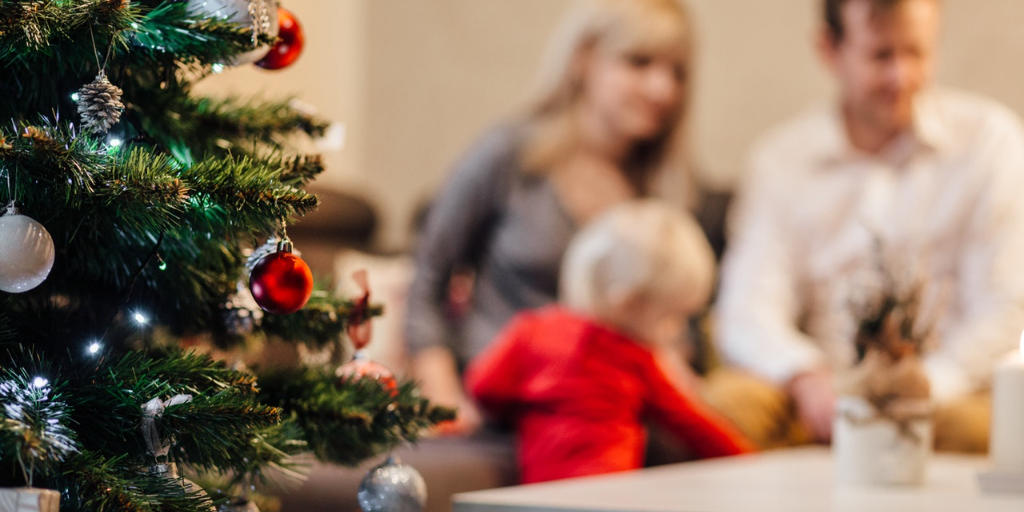Look forward to
Today’s expression is an easy one, but it’s essential if you’re going to speak English. You need to know how to use this one: look forward to something. Many of you may know what this means; and if you already know what this means, great. But I want you to start practicing it because you really should be using it in your speech.
When something good and pleasant is coming in the future, and when we enjoy thinking about that future thing, we say we’re “looking forward” to it. It has to be something good and pleasant or fun. If you’re a skier, you might say, “I’m looking forward to ski season this year.” Something pleasant is coming in the future: ski season. So when you want to say that you’ll enjoy it, and it’s in the future, you say, “I’m looking forward to ski season.” It’s not ski season yet; we’re still only in early November. But it’s coming. Now imagine it is ski season and it’s a Wednesday. You have plans to go skiing on Saturday. You can say, “I’m looking forward to my ski trip this weekend.” The ski trip is the good and fun thing coming up; you’re excited, you’re anticipating it. You’re looking forward to it.
How did you hear it before? Starbucks drinkers look forward to the exciting release of the Pumpkin Spice Latte every year. Starbucks keeps it a secret until the last minute. They reveal the date online, usually the same day or the day before it becomes available. But veteran Pumpkin Spice Latte drinkers know it’s always in late August or early September. And in mid-summer they start looking forward to it. They start thinking about it, they are waiting for it, they know it’s going to be great. They are looking forward to it.
We often say we are looking forward to an event or a time. I’m looking forward to the weekend; I’m looking forward to the winter holidays.
You can use it with an -ing verb, too. You might say, I’m looking forward to wearing my new outfit tomorrow night. That means wearing the new outfit is going to be good—you’re pretty sure it’s going to look amazing, so you’re looking forward to wearing it. I’m looking forward to trying this new pumpkin mashed potato recipe I just heard about. We don’t know how it’s going to taste, but trying it is going to be good. I’m looking forward to trying the new recipe.
One thing I should also mention here: when we use “look forward to,” we always use it with something that’s certain. This thing, whatever it is, is definitely going to happen and you know when.
I’m looking forward to the exciting football game on Sunday. You know it’s coming; it’s on the schedule. And you know it’s going to be good. So you can say you’re looking forward to it.
How long do you keep your phone for? These days, most people keep a smartphone for three to three and a half years. By the end of the third year, a smartphone is starting to show some signs of wear and tear. It’s not quite as fast as it once was. It crashes. Maybe there’s some cosmetic damage, scratches or cracks. After three, three and a half years, you might say, “I’m looking forward to getting a new phone.” You might not have the date picked out, which is to say, you might not know exactly when you’re going to get a new one. But you know it’ll be soon and you’re already thinking about how great it will be.
JR’s song of the week
Time for JR’s song of the week. It is “Waves” by Dean Lewis. This is a mellow song, where the singer is reflecting back on his life and how it has changed. He says, “I watched my wild youth disappear in front of my eyes” and then he asks, “Is it ever coming back again?”
Today’s song of the week is “Waves” by Dean Lewis. Thanks to JR for selecting another great song.
See you next time!
That’s all for today’s Plain English. I hope you enjoyed these two lessons. It was not my intention to spend a whole week on pumpkins, but sometimes when I get going, I just follow my fingers on the keyboard; they get a life of their own.
If you carved a Halloween pumpkin this year—or if you’re tossing one in Belgium—then I’d love to see a picture of it on our Facebook group. Just visit PlainEnglish.com/Facebook to join our free Facebook group for Plain English listeners.
Use realistic expressions like a native speaker

